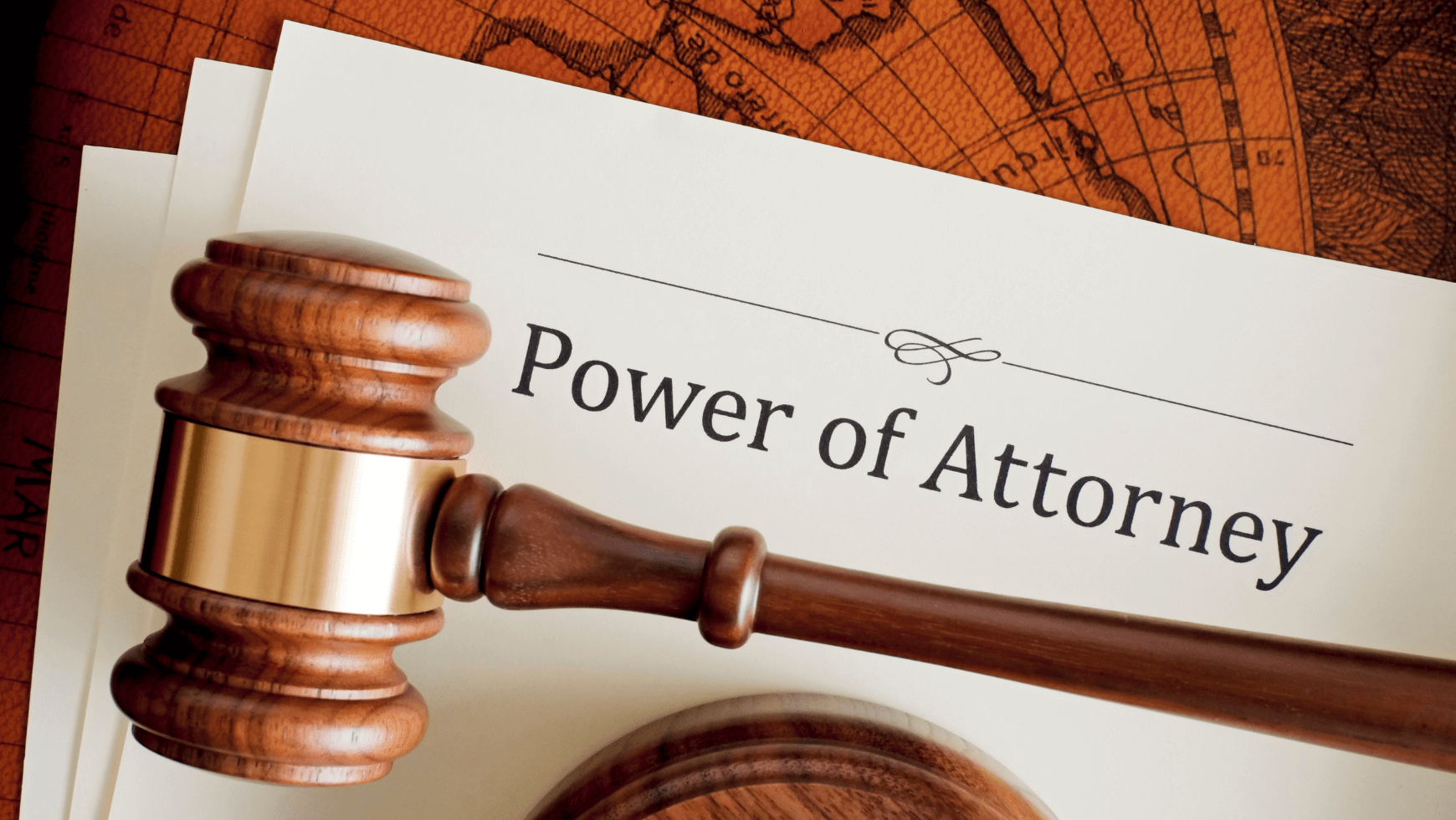Power of Attorney in Thailand

An important legal tool in the complex world of business and law is the Power of Attorney (PoA), which gives someone the right to act on behalf of another. Thailand acknowledges and controls the use of power of attorney, in line with its foreign engagements and dynamic economic climate. This piece delves into the subtleties of Power of Attorney in Thailand, explaining its types, importance, and execution process.
I. Recognizing Thailand’s Power of Attorney
A. Definition
An individual, referred to as the “agent” or “attorney-in-fact,” is granted permission by a power of attorney to act on behalf of another individual, referred to as the “principal.”
The power bestowed may be general or particular, and it may be transient or permanent.
B. Significance in Legal Exchanges:
A power of attorney is an essential tool for enabling a variety of economic and legal operations, particularly in situations where the principal cannot be present in person.
C. Power of Attorney Types in Thailand:
- A general power of attorney gives the agent extensive authority to act on the principal’s behalf in a variety of ways.
- Particular Power of Attorney: Restricts the agent’s ability to undertake certain tasks or engage in certain transactions as specified in the document.
- A limited or special power of attorney gives the agent powers for a predetermined amount of time and for a particular use.
- Durable Power of Attorney: Is still enforceable in the event that the principal loses mental capacity.
- Ordinary or non-durable powers of attorney expire if its principal becomes incapable of making decisions for themselves.
II. Thailand’s Power of Attorney Procedure
A. Composing the Draft:
- The Power of Attorney form must be drafted by the principal or their legal representative.
- The paper needs to be very clear about the authority provided, its extent, and any restrictions.
B. Selecting an Agent:
- The principle appoints a reliable person to serve as their agent.
- A person capable of carrying out the duties specified in the Power of Attorney shall serve as the agent.
C. Certification and Notarization:
- In Thailand, a Notary Public is required to notarize the Power of Attorney paperwork.
- Notarization guarantees the document’s legitimacy and is frequently necessary for it to be recognized legally.
D. Interpretation (if relevant):
- It could be necessary to translate a Power of Attorney into Thai if it was written in a language other than Thai.
- For legal validity, the translated document needs to be a part of the original.
E. Legalization, if appropriate:
- The Power of Attorney can require an Apostille or Ministry of Foreign Affairs legalization before being used internationally.
- Legalization guarantees that other countries will accept the document.
F. Registration, if necessary:
- It could be necessary to register some Power of Attorney forms with the local Land Office, particularly those pertaining to real estate transactions.
- An extra degree of legal legitimacy is added through registration.
III. Power of Attorney Applications in Thailand
A. Transactions in Real Estate:
- Assisting the main in the purchase or sale of real estate.
- Contract signing, acquiring licenses, and managing associated business.
B. Money-Related Issues:
- Handling investments, financial activities, and bank account management.
- Handling tax issues and filing on the principal’s behalf.
C. Legal Counseling:
- Advocating on behalf of the principle in court, arbitration, or mediation.
- Signing contracts and other legal documents on the principal’s behalf.
D. Commercial Exchanges:
- Representing the principal in partnerships, commercial negotiations, and contract negotiations.
- Managing commercial affairs, executing contracts, and making choices.
IV. Conclusion
In Thailand, a power of attorney is an effective legal tool that helps people handle corporate, financial, and legal issues with ease. It is essential for people and businesses involved in a variety of transactions to comprehend the forms, procedures, and applications of power of attorney. A well-written Power of Attorney guarantees that decisions are made with the principal’s permission and legal authority, whether it is being used to facilitate real estate transactions, handle financial problems, or represent someone in court. It is evidence of Thailand’s highly developed legal system and offers a structure for safe and efficient authority delegation in a range of personal and professional contexts.
Leave a Reply